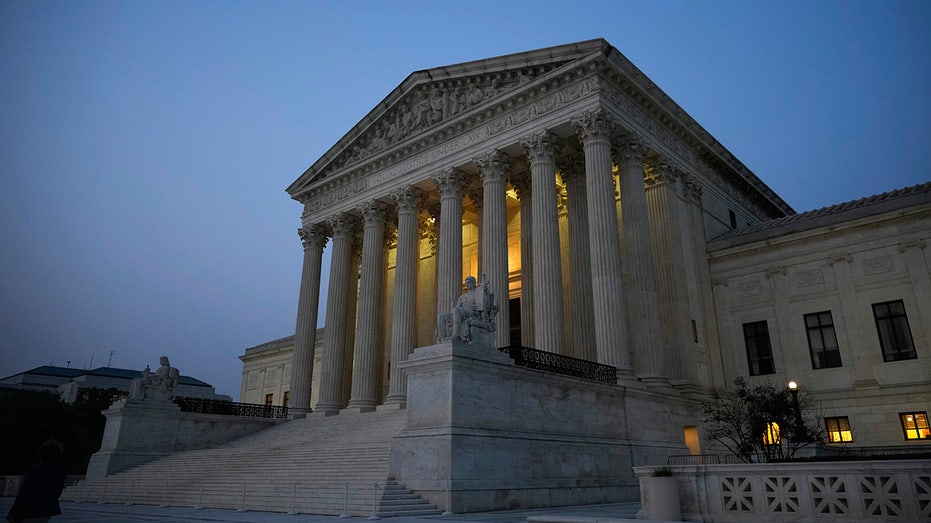“For those of you who have been wronged or betrayed, I am your retribution.” THESE WORDS became a mantra for Donald Trump — a recurring theme of his presidential campaign spoken at rally after rally, right up until the election. This line was very often directed by Trump at persons who had their reasons — even if not fully articulated — to feel wronged or betrayed.
I’m largely thinking here of the White, working-class voters who, according to a conglomerate of exit polls assembled by the Brookings Institute following the 2024 election, voted for Trump over Harris by 66 to 32 percent. These voters included those in my home state of West Virginia where I, as mentioned in an earlier op-ed, grew up in a working-class family in the 1950s through the late 1960s. In the past two presidential elections, West Virginia, going by its percentage of votes cast for Trump, was one of the reddest states in America.

I come from the same soil, that is to say, as some of Trump’s most ardent supporters. My thoughts about my Appalachian origins and Trump’s appeal to somehow be the “retribution” for persons in that setting, and beyond, have been much on my mind lately. They especially came into focus when I read the book, “Stolen Pride: Loss, Shame, and the Rise of the Right” by Dr.
Arlie Hochschild, a retired professor of sociology at the University of California at Berkeley. In the run-up to the 2016 election, Dr. Hochschild spent several months in Pikeville, Kentucky.
She focused on the lives of a dozen or so Pikeville residents, listening to their stories, their struggles, their dreams and dashed hopes — of the positive pieces of their lives and the pieces where they felt lost or defeated. Dr. Hochschild could have written the same book by spending time in any number of West Virginia towns of similar size and make-up as Pikeville.
If there was a common theme in the lives of these folks it was that they felt left out, and that they’d been made to feel their lives didn’t count for much — hence, “stolen pride.” While they could not always give a specific voice to their feelings, at some gut level they felt they were due some kind of acknowledgement or appreciation for their struggles for which they often had little to show. This feeling made them especially attuned to a presidential candidate who told them, “If you have been wronged or betrayed, I am your retribution.
” One of Hochschild’s interviews with a Trump supporter was especially revealing. While the man acknowledged Trump’s many personal failings, he went on to say, “But we need a big microphone.” He, and others like him, somehow saw Trump as their “big microphone” through which they could recover some of their stolen pride.
I read that passage with a mixture of understanding and anger. I understand where those sentiments are coming from while also being furious that a manipulative, hyper ego-inflated con man somehow managed to convince those who felt — and feel — a loss of pride and the loss of a voice that he is their “big microphone” or their retribution. My anger is compounded by seeing, in just the past couple of months, how badly these people were used.
A little over a month ago, an article ran in The New York Times about the numerous targets of Trump’s retribution — people, organizations, and institutions. A few examples include those involved in his criminal prosecutions like special counsel Jack Smith; some who served in his first administration, including Dr. Fauci; law firms; public and cultural institutions like the Kennedy Center; organizations like the Associated Press; and a number of universities.
As the article stated: “Since returning to office, President Trump’s campaign to exact revenge against his foes has turned out to be far more expansive, creative, efficient — and less reliant on the justice system — than anticipated.” One especially notable thing these numerous Trump targets have in common is that they have little, if any, bearing or effect on the actual lives of the people for whom he promised retribution. If he had been honest in his presidential campaign, instead of saying “I am your retribution,” he would have said, “I want your vote so I can seek my own retribution even if it has nothing to do with you.
” But honesty has never been Trump’s strong suit. The start of his second term has been a clear enough message to those who saw him as their voice to the effect of: “I’m getting my retribution; good luck getting yours.” The mid-term elections in 2026 will tell us if his supporters are getting the message.
Time will tell..
Politics

Rev. Steve Edington: Retribution for who? Retribution for what?

“For those of you who have been wronged or betrayed, I am your retribution.”















